Without food scraps?
beesee
14 years ago
Related Stories
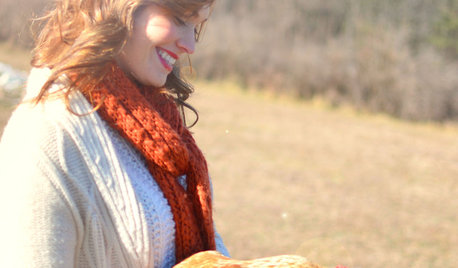
GARDENING AND LANDSCAPINGRaise Backyard Chickens Without Ruffling Neighbors' Feathers
Before you build a coop in the backyard, follow these strategies to help keep your neighbors from squawking
Full Story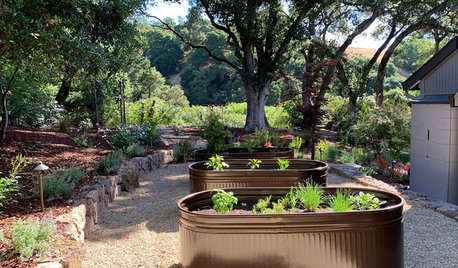
FARM YOUR YARD6 Things to Know Before You Start Growing Your Own Food
It takes time and practice, but growing edibles in the suburbs or city is possible with smart prep and patience
Full Story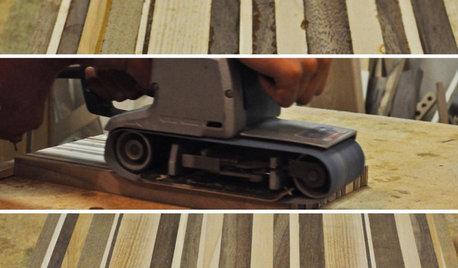
DIY PROJECTSFashion a High-Quality Cutting Board From Scrap Wood
Waste not, want not. This DIY project saves scraps from the landfill, hones your woodworking skills and produces a gorgeous kitchen piece
Full Story
WOODWORKINGDIY Project: Artful Scrap-Wood Bench
Salvage signs, block-printed wood and a secret compartment turn a handmade bench into an interactive work of art
Full Story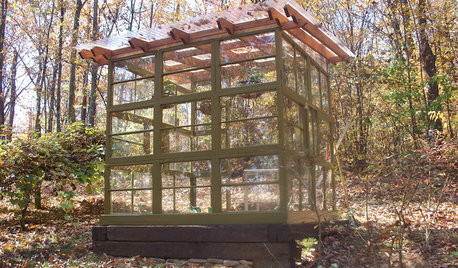
GARDENING AND LANDSCAPINGSee a Family Greenhouse Grown From Scraps
Can-do resourcefulness and less than $400 lead to a new 8- by 8-foot home for plants on a Tennessee family's property
Full Story
HOLIDAYSSpend Less Without Being a Grinch: 8 Holiday Ideas
Give meaningful gifts and use nature's decor to work holiday magic without blowing your budget
Full Story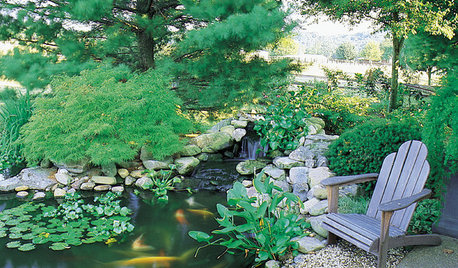
GARDENING AND LANDSCAPINGHow to Make a Pond
You can make an outdoor fish paradise of your own, for less than you might think. But you'll need this expert design wisdom
Full Story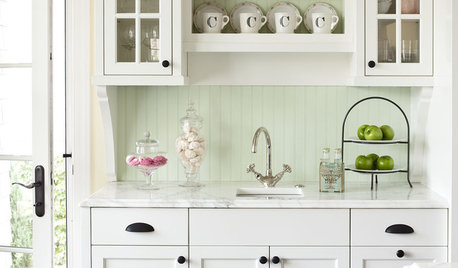
KITCHEN DESIGNModernize Your Old Kitchen Without Remodeling
Keep the charm but lose the outdated feel, and gain functionality, with these tricks for helping your older kitchen fit modern times
Full Story
MODERN HOMESHouzz TV: Seattle Family Almost Doubles Its Space Without Adding On
See how 2 work-from-home architects design and build an adaptable space for their family and business
Full Story
KITCHEN DESIGN11 Ways to Update Your Kitchen Without a Sledgehammer
Give your kitchen a new look by making small improvements that have big impact
Full StoryMore Discussions






11otis
sbryce_gw
Related Professionals
Bridgetown Landscape Architects & Landscape Designers · Cornelius Landscape Contractors · Forest Hills Landscape Contractors · Gainesville Landscape Contractors · Lyndhurst Landscape Contractors · Pleasanton Landscape Contractors · Sammamish Landscape Contractors · San Bruno Landscape Contractors · San Rafael Landscape Contractors · Tavares Landscape Contractors · Wailuku Landscape Contractors · Wilsonville Landscape Contractors · Casselberry Landscape Contractors · Mount Laurel General Contractors · Wright General ContractorsbeeseeOriginal Author
lkittle
rom.calgary.ab
sbryce_gw
fosteem1
curt_grow
joe.jr317
sbryce_gw
stevesd
beeseeOriginal Author
11otis
Katxena